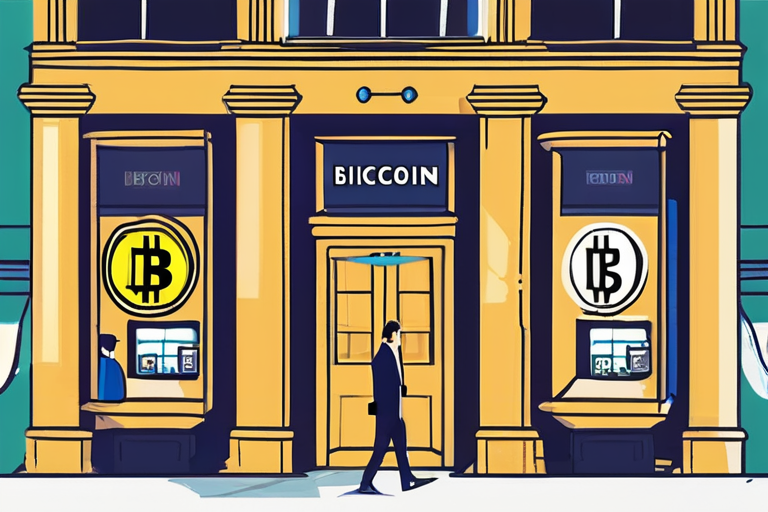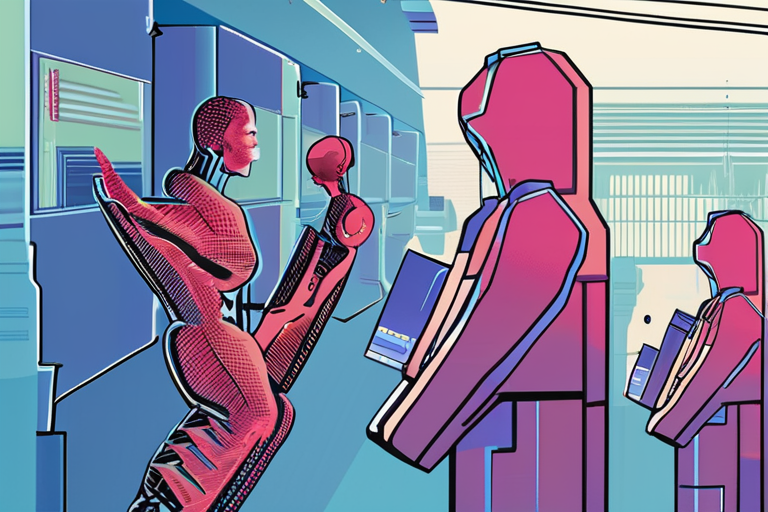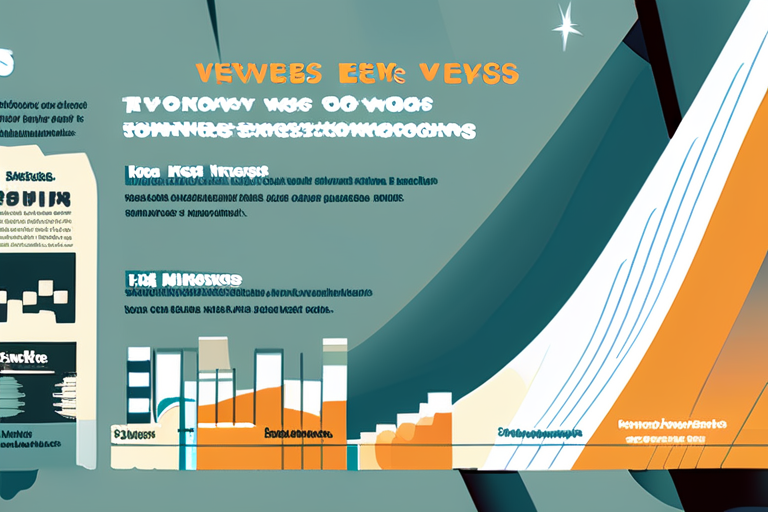As Wall Street centralizes Bitcoin and crypto, Prague stays the course. The city, known for its rich history of innovation and financial freedom, has become a hub for cryptocurrency enthusiasts and developers who remain committed to Satoshi Nakamoto's original vision.
Seventeen years after the release of the Bitcoin whitepaper, Wall Street has found a way to bring back financial middlemen through firms like BlackRock and Fidelity, which have introduced ETFs and custodial products that make investors dependent on the very middlemen Bitcoin was meant to replace. These products have been met with significant interest, with BlackRock's Bitcoin ETF reportedly seeing over $1 billion in assets under management in just a few months. Fidelity's custodial services have also attracted a large following, with over 10,000 institutional clients using their platform to store and manage their digital assets.
However, in Prague, a different approach is being taken. The city's engineers and developers are doubling down on Satoshi's vision, focusing on preserving financial freedom through simple, practical self-custody. This approach is exemplified by Trezor, a company that has been at the forefront of hardware wallet development. Founded in 2013, Trezor has become one of the most trusted names in the industry, with over 1 million wallets sold worldwide.
Trezor's CEO, Matěj Žák, recently spoke at the Trustless by Design conference in Prague, where he emphasized the importance of self-custody in the cryptocurrency space. Žák's keynote address was a reminder that the Czechs have learned to distrust authority, a sentiment that is deeply ingrained in the city's DNA. This skepticism towards centralized institutions is reflected in Prague's approach to cryptocurrency, where self-custody is seen as a fundamental right.
The contrast between Wall Street's approach and Prague's is stark. While Wall Street is focused on creating products that make investors dependent on middlemen, Prague is committed to preserving financial freedom through self-custody. This approach has significant implications for the industry, as it highlights the importance of decentralization and the need for investors to take control of their own assets.
As the cryptocurrency market continues to evolve, it will be interesting to see how Prague's approach to self-custody impacts the industry. With over $2 trillion in market capitalization, the cryptocurrency market is a significant player in the global financial landscape. As investors become increasingly aware of the importance of self-custody, it is likely that Prague's approach will gain traction, and the city will become a hub for cryptocurrency innovation and development.
In conclusion, while Wall Street centralizes Bitcoin and crypto, Prague stays the course, committed to preserving financial freedom through self-custody. As the industry continues to evolve, it will be interesting to see how Prague's approach impacts the market and shapes the future of cryptocurrency.


























